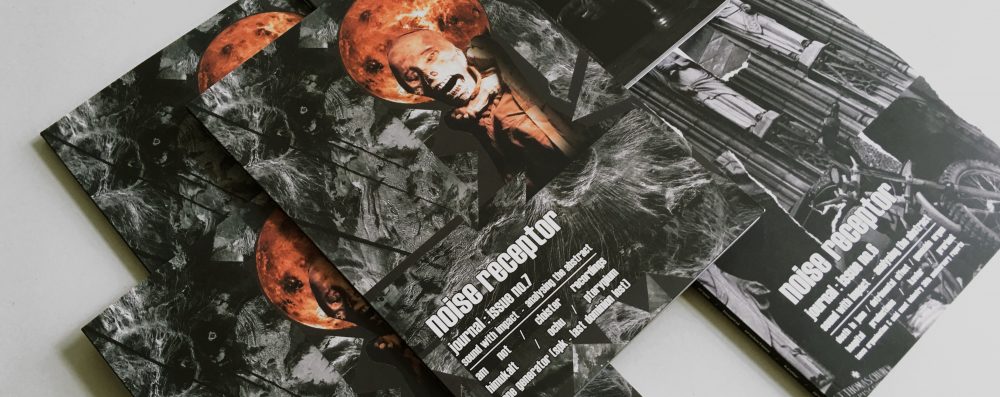S.E.T.I. – The Sphere Of Density 2CD Zoharum 2020
Andrew Lagowski’s long-standing project continues to forge ahead with his now trademark deep space focused drone/dark ambient musings. For this recent release it features an album of new studio material, in addition to a live recording from the 2019 Wroclaw Industrial Festival.
For the studio material, it is characterised by galactic scale drifting drones, and with only five tracks spanning 114 minutes, it gives a clear hint at the slow pacing and evolution of The Sphere Of Density. Coupled with the monolithic widescreen drones are the tasteful use of sparsely melodious synths provide a hint of musicality and on occasion rise towards a tonal level which provides an oblique nod to the early Berlin school sound. Also of note, while the swelling melodious progressions are of a particular minor key scale, they are not overtly dark, rather contemplative and drifting in atmosphere. Sparse ‘alien-esque’ rhythmic phrases also appear on occasion but are subtle and unobtrusive while functionally adding an enigmatic mood. Yet the final track 11th Dimension stands out from the rest, with the inclusion of transmission signals and scattered radio chatter against a heavier and more forceful cosmic churn.
The live recording on the second disc was evidently based on improvisation and consequently differs from the studio material. Although the sonic undercurrent is still drone-ambient in flavour, the overall execution is slightly more post-industrial tinged, where tonal slashes, sonic shards and mechanised rhythmic whir variously interjects over the singular 40-minute span. The end result is both a sonically strong and enjoyable, but also mostly feels to be a bonus disc rather than equal half to the studio album.
Perhaps as an overall observation, Andrew has released pinnacle-level material for literally decades now, which makes it all the more difficult to stand out against his own discography. Yet sidestepping such a suggestion of Andrew needing to complete with himself, simply put The Sphere Of Density is yet another superb stellar sonic journey, where the vastness of deep space slowly unfurls within the inner mind’s eye. Six-panel digipack with exquisite graphic design rounds out the presentation of an excellent release.










